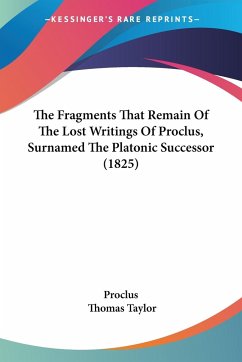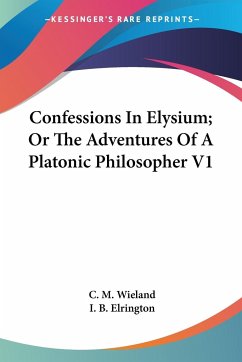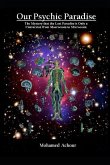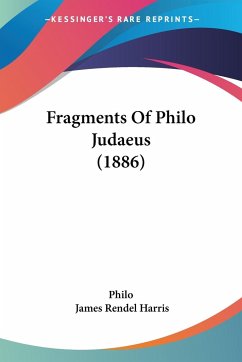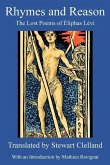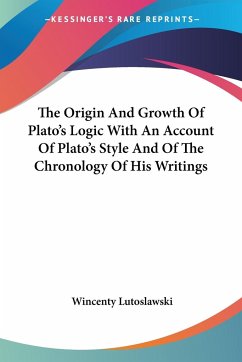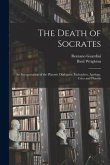The Fragments That Remain Of The Lost Writings Of Proclus, Surnamed The Platonic Successor (1825) is a book that contains fragments of the writings of Proclus, a Greek philosopher who lived in the 5th century AD. Proclus was known as the Platonic Successor because he was a prominent follower of Plato's philosophy. The book is a collection of fragments of Proclus' lost writings, which were discovered in the 19th century. The fragments cover a wide range of topics, including metaphysics, epistemology, theology, and ethics. They provide valuable insights into Proclus' philosophical system and his interpretation of Plato's ideas. The book is divided into several sections, each of which focuses on a different aspect of Proclus' philosophy. The first section includes fragments on the nature of reality and the relationship between the One (the ultimate reality) and the many (the world of appearances). The second section includes fragments on the nature of knowledge and the role of the intellect in understanding reality. The third section includes fragments on Proclus' theology, which is based on the idea of a hierarchy of divine beings. Proclus believed that the ultimate reality (the One) was beyond human comprehension, but that it could be approached through a series of intermediary beings, each of which represented a higher level of reality. The book also includes fragments on Proclus' ethics, which emphasize the importance of living a virtuous life in order to achieve spiritual enlightenment. Proclus believed that the ultimate goal of human life was to attain union with the divine, and that this could be achieved through a process of spiritual purification and contemplation. Overall, The Fragments That Remain Of The Lost Writings Of Proclus, Surnamed The Platonic Successor (1825) is an important work for anyone interested in the history of philosophy, particularly the development of Platonism in late antiquity. It provides valuable insights into Proclus' philosophical system and his interpretation of Plato's ideas, and is a must-read for anyone interested in the Platonic tradition.This scarce antiquarian book is a facsimile reprint of the old original and may contain some imperfections such as library marks and notations. Because we believe this work is culturally important, we have made it available as part of our commitment for protecting, preserving, and promoting the world's literature in affordable, high quality, modern editions, that are true to their original work.

